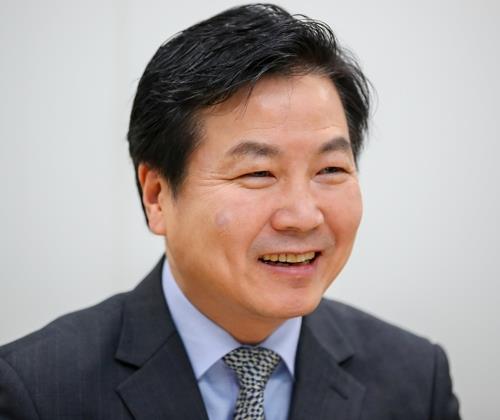South Korea's venture minister said Thursday that the government is committed to expanding support for startups, which eventually would jack up employment.
Venture investment in South Korea is estimated at 3.4 trillion won (US$3.04 billion) last year, which marks a hike of over 40 percent from a year earlier, according to Minister of SMEs and Startups Hong Jong-haak.
"For this year, state-involved venture investment funds will be boosted, and the government will encourage private investors to spend more for startups," Hong said in an interview with Yonhap News Agency.

He said total investment will top 4 trillion won.
The venture capital market in Asia's fourth-largest economy has been in the doldrums since the IT boom ended in the mid-2000s.
South Korea's government has been seeking to nurture venture companies and startups, a part of its policy to support smaller businesses and reduce the youth unemployment rate.
"The second venture boom would also help create more quality jobs," Hong said.
Meanwhile, the minister said Seoul will also make efforts to help more firms adopt smart factories.
The government earlier said it will greatly expand the number of smart factories and industrial complexes that adopt advanced technologies by 2022 to upgrade the nation's manufacturing industry.
The government said it will create 30,000 smart factories and 10 smart industrial zones by 2022 to create synergy between companies, provincial governments and academia.
A smart factory is a highly digitized and connected production facility aimed at improving productivity and safety at workplaces. The so-called factory of the future is one of the key concepts of the fourth industrial revolution and still remains in the early stages.
The government's initiative calls for the participation of provincial governments to provide customized solutions for small and medium-sized companies, and offers incentives for large enterprises that collaborate with smaller firms in building high-tech factories.
"With the move, we expect more job creation at smaller firms that adopt the smart factory scheme," Hong said. (yonhap)

